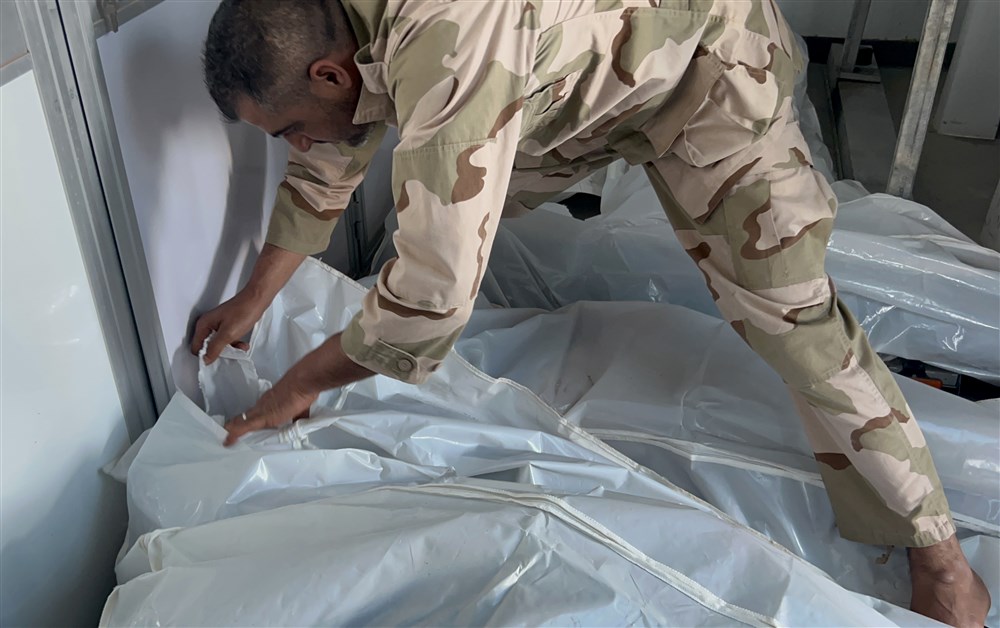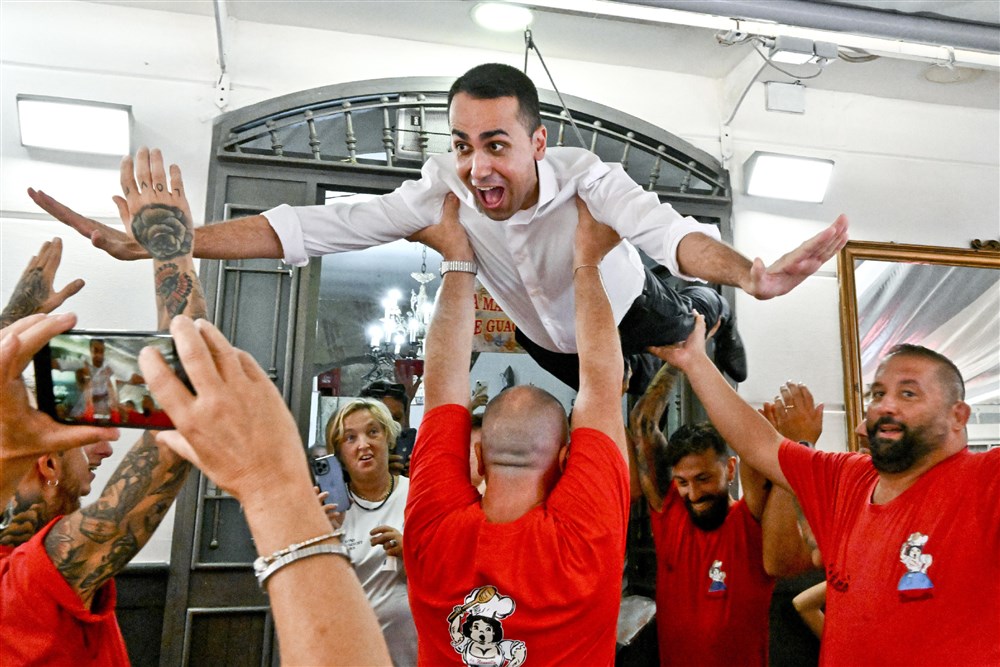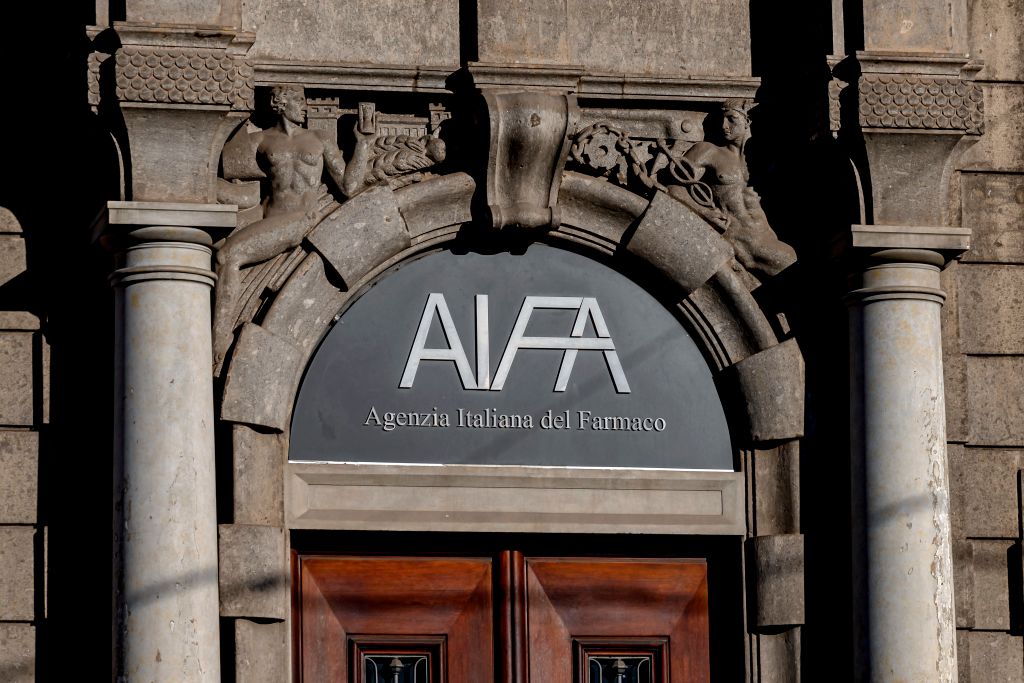The European Commission and Tunisia have reached agreement for a partnership to control illegal immigration. The details are yet to be released, but there is a shared appreciation of the need to control human trafficking rings operating across the Mediterranean. With the economic and political crisis affecting Tunisia, the influx of migrants has exploded.
Tunisia was considered a reliable and stable partner for the EU. It was the only country from the 2011 “Arab Spring” revolutions that was considered a relative success story for democracy. The country didn’t descend into chaos, civil war or a bloody dictatorship like too many other states in the aftermath of the “Arab Spring”. However, it now risks the same fate. This has led the EU to grow increasingly concerned about the spillover effects such turmoil will have on Europe.
Tunisian President Kais Saied has launched a wave of arrests against his political opponents, after protests erupted over the economic condition of the country post-Covid. According to Saied, his opponents are responsible for conspiring against the state, and have been labeled “terrorists”. They include politicians, journalists, activists, judges, and business people.
Through the night between April 29 and 30, 299 migrants are estimated to have been saved while onboard six different boats, according to the Italian newspaper Il Sole 24 Ore.
The first 5 departed from Sfax in Tunisia, while the last left from Sabratah in Libya. All of them were brought to the southern Italian island of Lampedusa. At dawn, there were 2,242 migrants on the island, while only 400 places were available at the Italian government’s facility there.
A small, 7 metres long, vessel got into serious trouble near Lampedusa. 46 people on it, including seven minors and 13 women, were saved by the coast guard. However, at least three drowned, including the mother of an infant. The migrants are from Guinea, the Ivory Coast, Cameroon, and Gambia.
The shipwreck resulted from the migrants onboard suddenly moving towards the coast guard patrol in the hope of being rescued. Their movements made the vessel unstable and unable to remain securely afloat.
Salvatore Vella, an attorney in Agrigento, has described the trafficers’ flimsy vessels as “floating barrels”. What should have been a straightforward rescue operation turned into a tragedy. The more migrants attempt the journey at sea, the more risk losing their lives.
Controlling migration through Tunisia can only be part of the solution to the crisis, as Libya remains plagued by militia warfare and tribal conflict. It continues to be a safe haven for human traffickers who exploit the power vacuum and political instability.
The EU has attempted to help Libya stabilise by offering assistance to the Tripoli government, but the government is not a reliable partner for the EU. It can barely holds itself together, relying on the loyalty of various militias.





